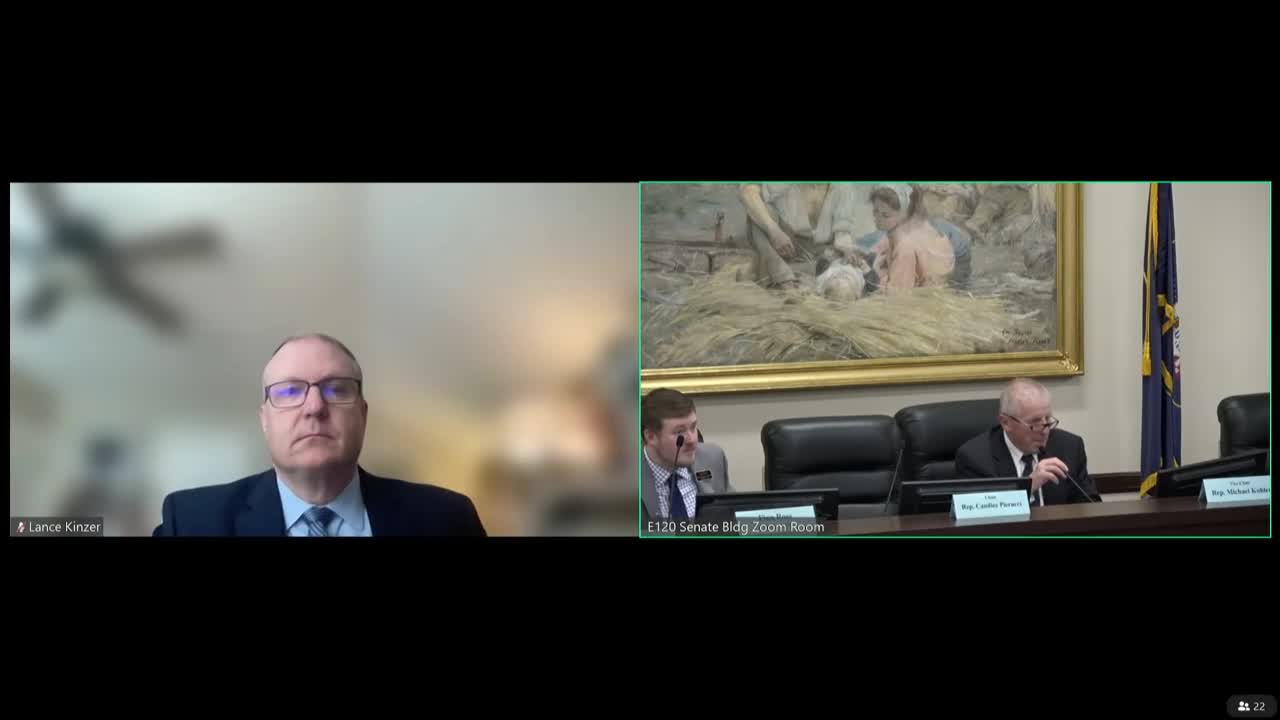House committee backs bill to protect belief-based student groups at public colleges
Get AI-powered insights, summaries, and transcripts
Subscribe
Summary
The House Education Committee voted to recommend HB 390, which would protect belief-based student organizations' ability to require leaders to adhere to the groups' sincerely held beliefs. The bill drew legal context from U.S. Supreme Court and federal appellate cases and passed the committee unanimously after a cleanup amendment.
Representative Jennifer Lisenby, sponsor of House Bill 390, told the House Education Committee on Feb. 18 that the bill is narrowly written to protect belief-based student organizations on public university campuses and to prevent colleges from forcing student groups to change beliefs or leadership to remain registered.
The bill, Lisenby said, would “protect and ensure that a diverse range of student groups of all creeds and points of view … are free to operate as registered student clubs and to require that their leaders adhere to the group's sincerely held beliefs.”
The sponsor and outside witnesses placed the bill in the context of federal court precedent. Lance Kinzer, director of public policy at First Amendment Partnership, briefed the committee on a line of U.S. Supreme Court decisions — including Healy v. James and Rosenberger v. University of Virginia — and discussed the 2010 CLS v. Martinez ruling that has been cited in subsequent campus disputes. The sponsor and public commenters said litigation elsewhere has produced multimillion-dollar judgments, citing an Eighth Circuit–related case that resulted in nearly $2 million paid by the state after a 2017 dispute at the University of Iowa.
During committee questioning, Representative Moss asked whether the measure would conflict with prior Utah action on diversity, equity and inclusion (DEI) clubs. Lisenby and supporters responded that previous state legislation exempted student clubs and that HB 390 is intended to protect all student groups from viewpoint-based denial of benefits.
Vice Chair Kohler moved a cleanup amendment (Amendment 1); the committee adopted it without discussion. The committee then voted to recommend HB 390 as amended with a favorable recommendation; the motion passed unanimously.
What the bill does: HB 390 would bar institutions of higher education from denying benefits to student organizations on the basis of religious, political or ideological viewpoint and would allow an organization to require leaders to adhere to sincerely held beliefs; it also provides that an organization may use the bill as a basis for judicial relief if a protected right is violated.
Support and testimony: Stan Rasmussen of the Sutherland Institute urged passage, saying the bill would prevent outcomes like the Christian Legal Society v. Martinez result by clarifying state law. No public opponents spoke during the committee hearing.
The committee outcome moves the bill to the next stage with a favorable recommendation.
